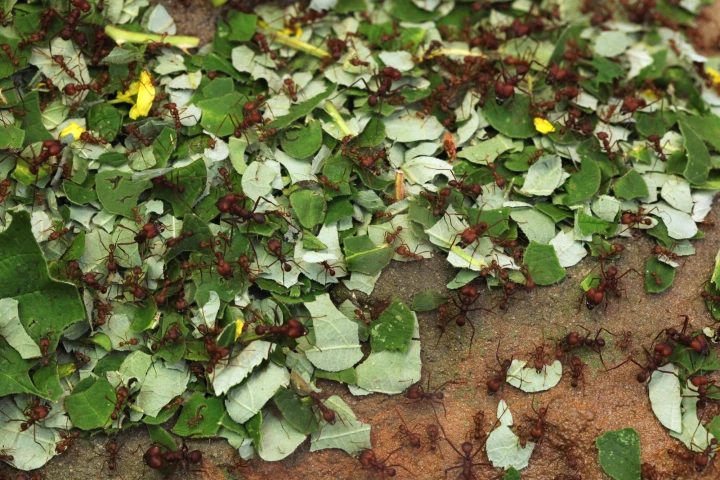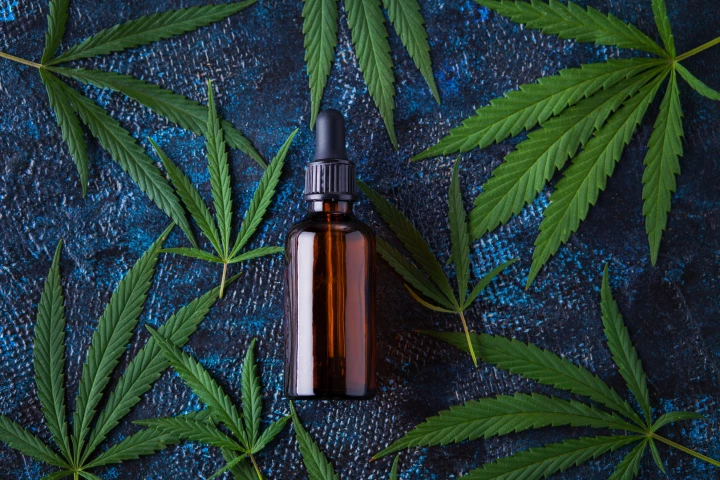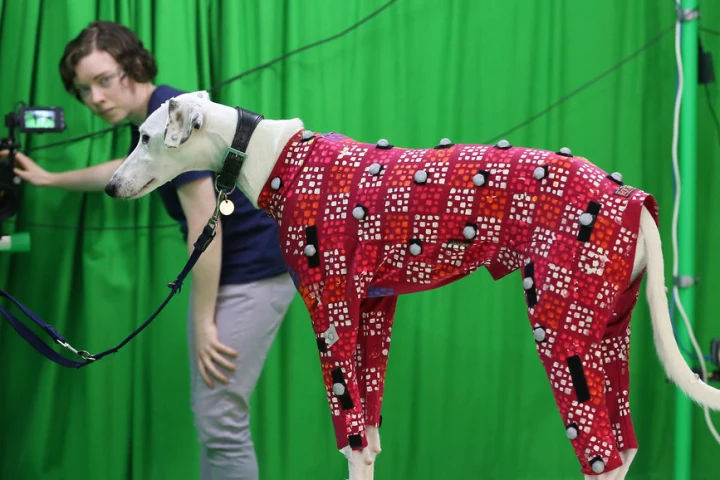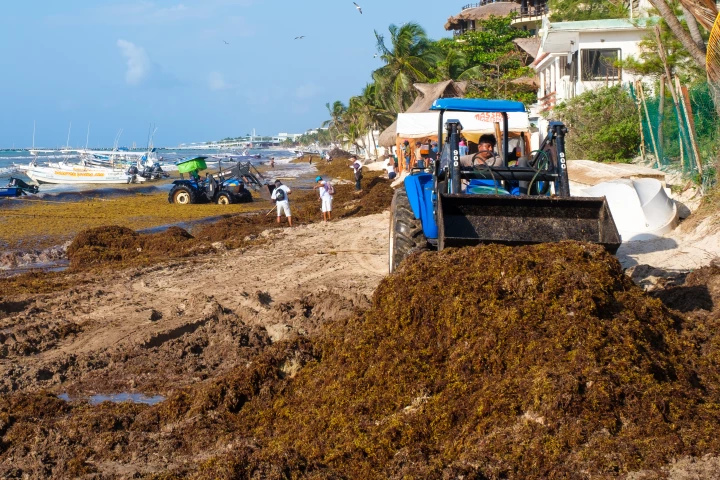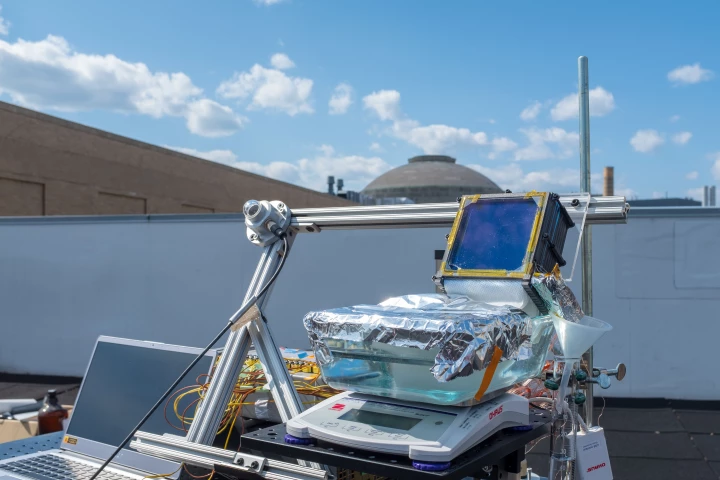University of Bath
-
A new study is suggesting a strong coffee first thing in the morning, especially following a night of disrupted sleep, can impair the body’s glucose response. The researchers recommend coffee should consumed in the morning after food, and not before.
-
It's a quandary – leafcutter ants cause a great deal of damage to crops, but applying pesticides to those crops harms the environment. Scientists have developed a possible solution, in the form of a high-tech material that uses an odor to trap ants.
-
Positive results from the world’s first clinical trial testing the potential for cannabidiol (CBD) to treat cannabis addiction suggest daily use of medical-grade CBD is both safe and effective at reducing problematic cannabis consumption.
-
Scientists at the University of Bath have come up with a simpler method of motion capture, developing a computer model that can digitize dogs without the need for a motion capture suit and a suite of surrounding cameras.
-
Sargassum seaweed is growing out of control in many regions – it washes up on beaches in huge amounts. Utilizing a new technique, that rotting organic matter could soon be converted into biofuels and other products.
-
Imagine touching the armrest of your sofa to change the channel on your television, or pressing against a lightbulb stencil on the wall to turn on your smart light – these functions and many more like them are now possible thanks to new research.
-
Desalination is an important technology that may help unlock more drinking water, and now two independent teams have developed new types of solar-powered desalination systems using very different mechanisms.
-
Currently, in order to determine if someone has a urinary tract infection, their urine sample has to be sent off to a lab – it takes days to get results. Now, scientists have created a smartphone-enabled system that works in less than 25 minutes.
-
A team of international researchers has achieved a world-first breakthrough, decades in the making, creating artificial neurons with the ability to behave exactly like real living neurons. The innovation has potential for treating numerous diseases.
-
Living cells follow instructions encoded in DNA to construct organisms. It’s long been thought that one DNA sequence would always create the same protein, but now researchers have found the first exception to this “universal rule,” a microbe that chooses between two different translations each time.
-
For millions of diabetics, performing finger-prick blood tests to monitor blood glucose levels is an unpleasant part of daily life. If a new glucose-monitoring adhesive skin patch reaches commercialization, however, such jabs may become a thing of the past.
-
The plastic microbeads that give products like toothpaste a smooth texture pose a big problem. They're small enough that they don't get caught by sewage filtration systems, and can be ingested by wildlife once in the sea. With that in mind, scientists have developed biodegradable microbeads.
Load More

